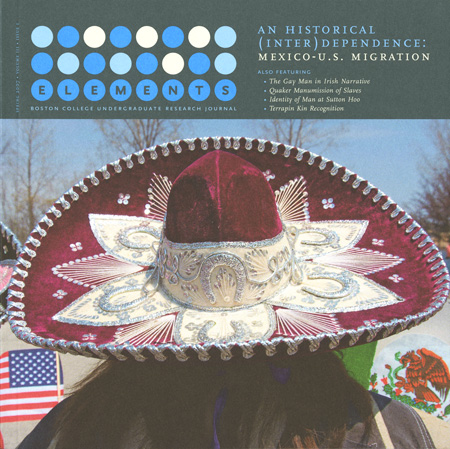Naive Juvenile Diamondback Terrapins: Kin Recognition in Controlled Encounter Experiments
DOI:
https://doi.org/10.6017/eurj.v3i1.8984Keywords:
Spring 2007, natural science, biologyAbstract
Northern diamondback terrapin (malaclemys terrapin) turtle hatchlings raised as part of a laboratory headstarting program are the focus of kin recognition studies taking place at Boston College. Experiments examining basking behaviors in 13 trials of familiar kin and 11 trials of unfamiliar non-kin. Familiar kin averaged more aggressive engagements per trial (2.44 vs. 0.36), more displacements per trial (13.36 vs. 3.91), and more instances of climbing on one another (13.36 vs. 2.36). Familiar kin basked in congregations more frequently per trial than unfamiliar non-kin. These data suggest that diamondback terrapins treat each other differently based on either kinship or familiarity-or both. Further research will be conducted on familiar and unfamiliar kin and non-kin groupings to help elucidate the existing data by determining which variable has greater consequence and if Hamilton's kin selection theory can be applied to terrapin juvenile social behavior.Downloads
Published
2007-04-15
How to Cite
Macdonald, B., & Rife, A. (2007). Naive Juvenile Diamondback Terrapins: Kin Recognition in Controlled Encounter Experiments. Elements, 3(1). https://doi.org/10.6017/eurj.v3i1.8984
Issue
Section
Articles
License
Copyright (c) 2015 Elements

This work is licensed under a Creative Commons Attribution 4.0 International License.

